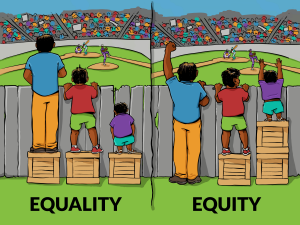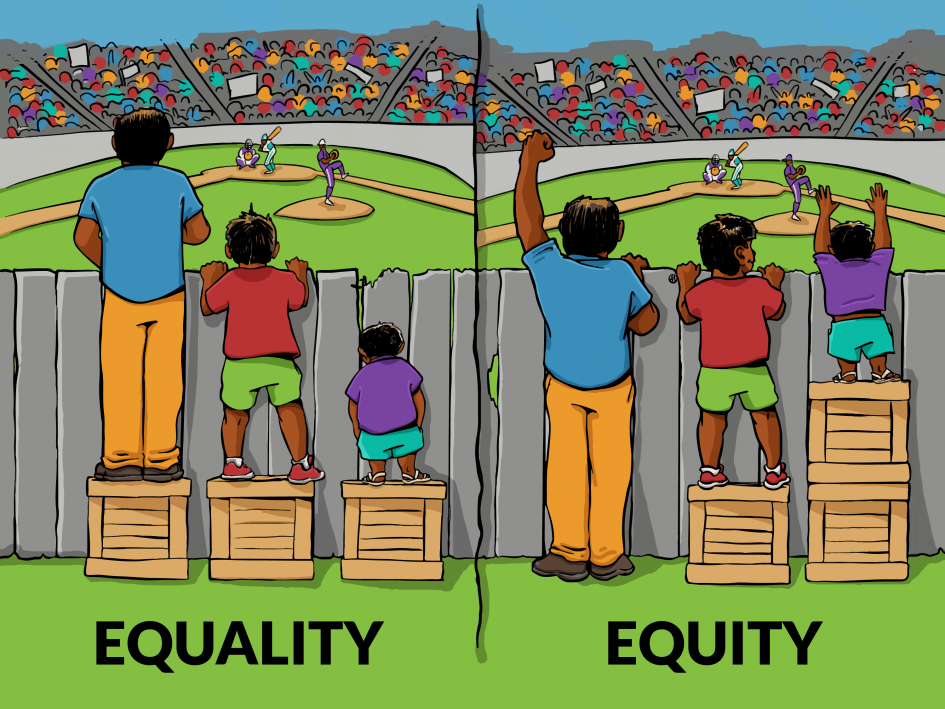First time looking at literature reviews (Boote & Beile, 2005)
One of the main concepts that I pulled from the article is that article reviews should not be put on the back burner and should not be an afterthought. To tell you the truth I was not even fully aware that literature reviews played such a large role in the thesis process.
The purpose of the literature review is not just adding literature that somewhat applies and references your own focus. The point that is stressed is that a literature review is not just a book review but instead a tool to help find the gaps that need to be addressed and to add context for your thesis question.
I liked the article because it showed examples of the shortcomings that educators face when creating literature reviews. I feel the author is disappointed in the overall situation that is happening in graduate and PHD programs.
As a teacher this is a challenging piece as well because a literature review is heavily weighted on the theoretical side. It shows the depth of the research methodology and the types of methodology that are used to shape your field of specialization and the understanding that is needed to focus your own practice.
During the class discussion, I was struck by the question of how to incorporate the practical side of our practice in the literature review. The best way for me to learn is through experience and being involved and hands on. I learn best while working with someone who is more experienced and where mentorship can take place. I would be interested in investigating whether a practical side could be added into a literature review.
However, I believe that this could create a double-edged sword. Social, cultural and practical context in an individual classroom are imperative, and therefore should influence how research is developed and constructed. The problem is that context is sometimes hard to relay in a written form as it can fail to transcend the full meaning and experience needed to convey the full scope of our own experiences and thus our research. I have been reading various texts written by Max van Manen lately for assignment #2 and it has made me challenge my own thoughts and ideas on research.
(Manen & Adams, 2009; Van Manen, 2014)
Initially, I thought research was primarily based on results, and that the goal of the process was to compile data and use a framework to measure and analyse to ultimately create a conclusion. After reading Manen, my views on what should be looked at have been altered. He stresses that experience should drive research, and he questions how a person’s lived experience enables us to find what is of value and reflect on individual experiences to gain insight. This falls under the umbrella of phenomenology. This is all very theoretical in nature but reading his works has changed how I look at the status quo of how normative research is carried out.
Max Van Manen explaining his book, Phenomenology of practice and how it impacts researchers in the link below:
As I move forward in my own journey, reading these articles have influenced how I will carry out my practice. I think the main point that struck me was how experience and context of students’ backgrounds should play a large role in how we teach them. It is important to realize that some students need extra assistance in areas that they have not had experience in or lacked experience in because of limited opportunities. Some students need tools that help them in one area but not in others. This cartoon sums it up for me.

Image : “Interaction Institute for Social Change | Artist: Angus Maguire.”

Leave a Reply